View all filters
Clear
Verwrongen
Translated from
Spanish
to
Dutch
by Heleen Oomen
Written in Spanish by Matías Candeira
8 minutes read
Maar het huis woont nog in mij
Written in Dutch by Maud Vanhauwaert
8 minutes read
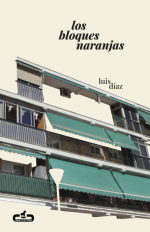
Помаранчеві блоки
Translated from
Spanish
to
Ukranian
by Oleksandra Laktionova
Written in Spanish by Luis Díaz
7 minutes read
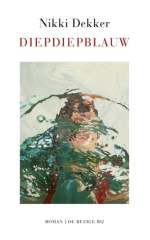
Linguado
Translated from
Dutch
to
Portugese
by Lut Caenen
Written in Dutch by Nikki Dekker
8 minutes read
Osad z kamienia
Translated from
Dutch
to
Polish
by Olga Niziołek
Written in Dutch by Lisa Weeda
7 minutes read
Empalhar um corpo
Translated from
Dutch
to
Portugese
by Lut Caenen
Written in Dutch by Nikki Dekker
9 minutes read
Calcare
Translated from
Dutch
to
Italian
by Olga Amagliani
Written in Dutch by Lisa Weeda
8 minutes read
A aprendizagem
Written in Portugese by Valério Romão
5 minutes read
El infierno
Translated from
Dutch
to
Spanish
by Carmen Clavero Fernández
Written in Dutch by Aya Sabi
8 minutes read
Hilos
Translated from
Dutch
to
Spanish
by Carmen Clavero Fernández
Written in Dutch by Hannah Roels
8 minutes read
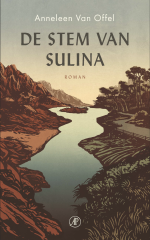
Sulinin glas
Translated from
Dutch
to
Slovenian
by Lucija Janc Novak
Written in Dutch by Anneleen Van Offel
6 minutes read
Sinopsis
Translated from
Italian
to
Spanish
by Inés Sánchez Mesonero
Written in Italian by Arianna Giorgia Bonazzi
5 minutes read
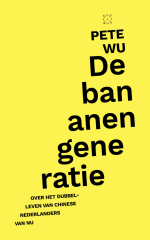
Generacija banana
Translated from
Dutch
to
Serbian
by Jana Živkić
Written in Dutch by Pete Wu
9 minutes read
Diccionario del preso
Translated from
Italian
to
Spanish
by Inés Sánchez Mesonero
Written in Italian by Sara Micello
7 minutes read

Narandžaste zgrade
Translated from
Spanish
to
Serbian
by Irena Selaković
Written in Spanish by Luis Díaz
8 minutes read
Nec mergitur
Translated from
Dutch
to
Romanian
by Cătălina Oșlobanu
Written in Dutch by Simone Atangana Bekono
8 minutes read
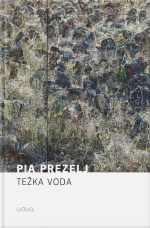
Težka voda
V svetu, ki ga naseljujejo Ida, Marta, Tone in Lojze, na vrtovih gnijejo paradižniki, na nočnih omaricah ždijo nagačeni zajci, krave pa je treba slej kot prej ustreliti med oči. Nič čudnega, če na blatni zemlji komu usodno spodrsne ali pa mu glavo spešta kakšno drevo; Gospod vendarle daje in jemlje, povrh vsega pa še odpušča.
V romanu Težka voda, svojstveni anatomiji krivde, ki prelamlja s tradicijo slovenske povesti, se drobci iz življenja starejše protagonistke Ide med posledicami zamolčane preteklosti in neizživete prihodnosti postopoma sestavljajo v okrušeno celoto. Ta v ekspresivnem, dovršenem slogu razkriva predvsem bridko resnico o prepletenosti življenj znotraj manjše vaške skupnosti, kjer se vse zdi na dlani, pa vendar skrivnost rojeva nove skrivnosti.
Written in Slovenian by Pia Prezelj
9 minutes read

Głos Suliny
Translated from
Dutch
to
Polish
by Marta Talacha
Written in Dutch by Anneleen Van Offel
8 minutes read

cihlové bloky
Translated from
Spanish
to
Czech
by Markéta Cubrová
Written in Spanish by Luis Díaz
7 minutes read
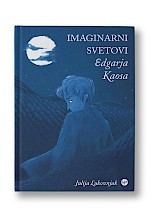
De denkbeeldige werelden van Edgar Kaos
Translated from
Slovenian
to
Dutch
by Marieke Haenebalcke
Written in Slovenian by Julija Lukovnjak
12 minutes read